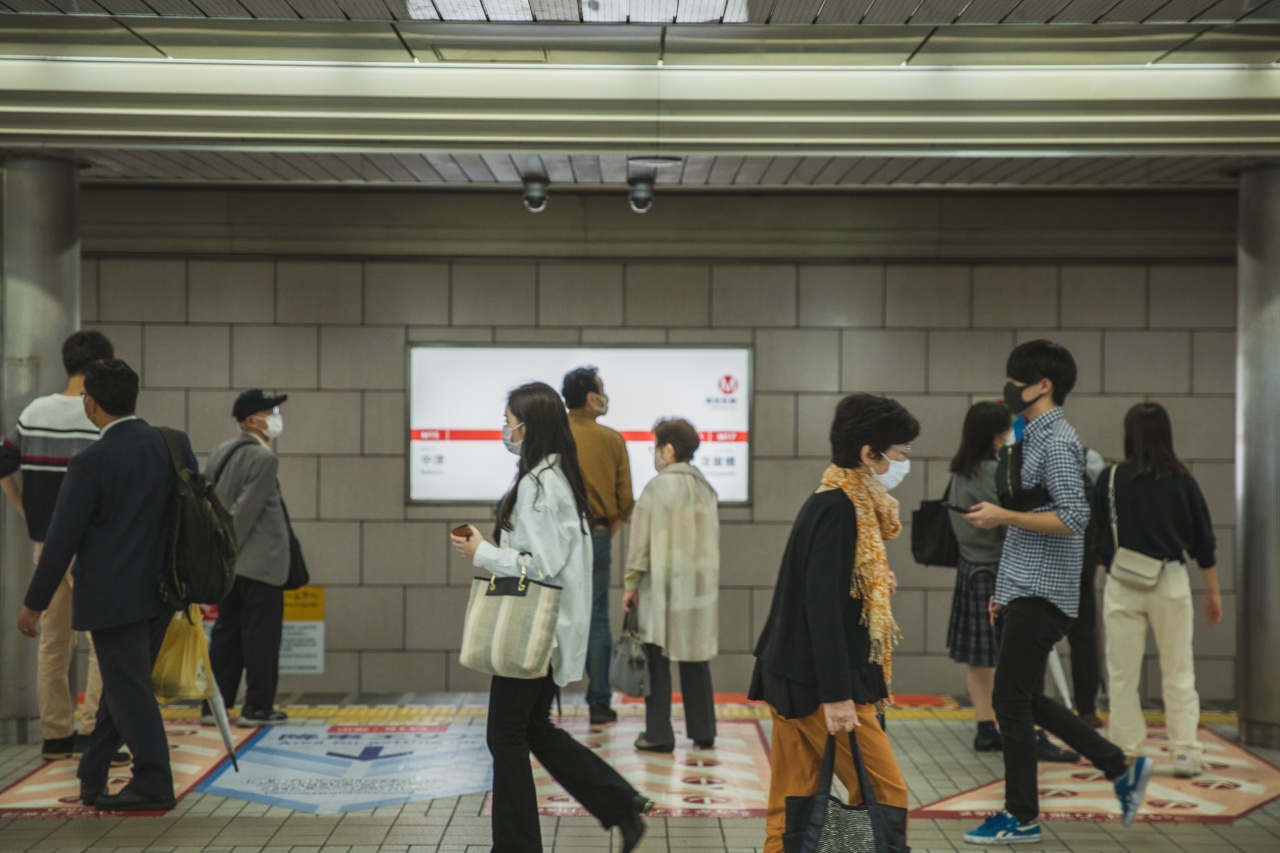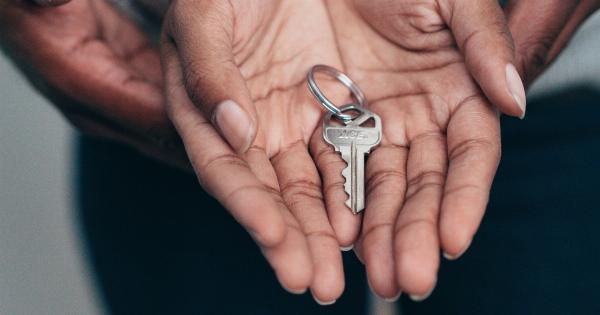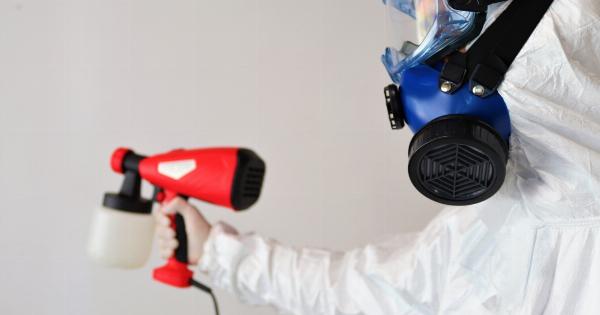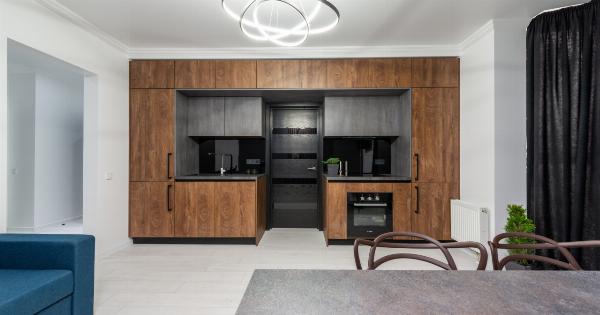Winter is a time when we rely heavily on home heating appliances to keep us warm and comfortable. But heating equipment, if not used properly, can also pose a risk to our safety.
In fact, heating equipment is one of the leading causes of home fires in the United States.
In this guide, public health experts share tips and advice on how to prevent heating hazards and keep you and your family safe.
1. Have Your Heating System Inspected Annually
Having your heating system inspected once a year by a qualified technician can help prevent the risk of fire and carbon monoxide poisoning. The technician will check for any cracks, leaks or damages that could be hazardous.
They will also ensure that the heating system is running efficiently and effectively.
It is important to note that heating systems that use fuel (gas, oil, or propane) can produce carbon monoxide (CO) which is a deadly gas that is odorless, colorless and tasteless.
Symptoms of carbon monoxide poisoning can be mild or severe, and can include headache, dizziness, nausea, weakness, and loss of consciousness.
2. Install Carbon Monoxide Detectors
Carbon monoxide detectors are essential in home safety. They can alert you if carbon monoxide levels are reaching dangerous levels in your home.
Install at least one carbon monoxide detector on each level of your home, and make sure they are located near sleeping areas. Test the detectors regularly, and replace the batteries at least once a year.
3. Keep Flammable Materials Away From Heating Equipment
Place any flammable objects like curtains, furniture, paper, and clothing at least three feet away from space heaters, fireplaces, and other heating sources. Additionally, avoid drying clothes, towels, or blankets over your heater.
Remember, fires can spread quickly, and it only takes a small accidental spark to ignite anything near your heater.
4. Use the Proper Fuel and Always Follow Manufacturer’s Guidelines
Always use the fuel recommended by the manufacturer, and read the owner’s manual carefully. Never use gasoline in kerosene heaters, or vice versa.
Always use the proper grade of fuel for your heating appliance, and never use it to burn paper or other materials that are not meant to be in your heater. Follow the manufacturer’s guidelines for installation, operation, and maintenance.
5. Do Not Leave Heating Equipment Unattended, and Turn Them Off When Not in Use
Never leave your heating equipment unattended, especially when small children or pets are around. Turn off space heaters, gas heaters, and other equipment when you leave the room or leave the house.
Accidents can happen when you least expect it, so it is better to be cautious and take preventive measures.
6. Do Not Overload Electrical Circuits
Do not overload electrical circuits by plugging too many heaters or appliances in a single outlet. This can cause electrical fires. Use a power strip with an overload protector when you need to use multiple appliances in a single outlet.
Also, refrain from running extension cords under carpets or rugs, this can cause electrical heating.
7. Know What To Do In Case of Emergency
If you smell gas, leave the house immediately and call your gas company or a certified technician to inspect the problem. Do not try to repair the leak yourself. In case of a fire, have a plan in place and practice an escape route with your family.
Teach your children what to do in case of a fire or carbon monoxide emergency, and make sure that everyone knows how to call the emergency services.
8. Keep Your Heating Equipment Clean and Well-Maintained
Regular cleaning and maintenance are essential to keep your heating equipment working efficiently and safely. Check your filters regularly and replace them when needed. Dirty filters can cause the airflow to be restricted and can create a fire hazard.
Additionally, have your chimney cleaned regularly. A dirty chimney can cause fires as well as carbon monoxide poisoning. Schedule professional maintenance for your heating equipment at least once a year.
9. Do Not Use Outdoor Heating Equipment Indoors
Outdoor heating equipment is not designed for indoor use. Do not use outdoor propane or charcoal grills, or gas-powered generators indoors. These appliances can produce high levels of carbon monoxide and can be deadly in enclosed spaces.
10. Invest in Quality Heating Equipment
Invest in quality heating equipment to ensure proper heating and safety. Do not buy cheap, low-quality appliances as they are not reliable and can malfunction easily.
Always look for appliances that have been tested and certified by reputable organizations.
By following these tips, you can help prevent heating hazards and keep your home safe. Remember, safety should always come first.































